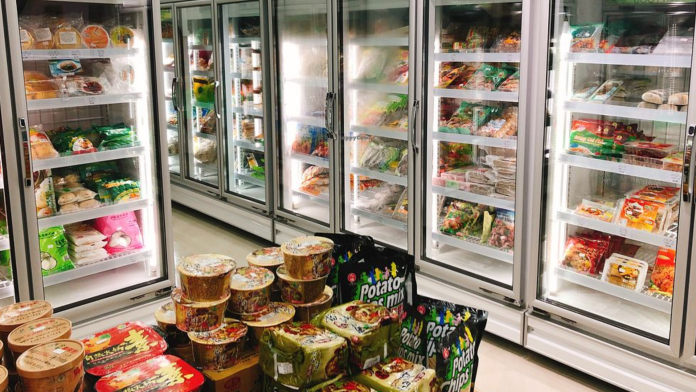A new report indicates that the demand for vegetarian frozen foods has increased recently in India, prompting frozen foods manufacturers to increase their inventory of vegetarian options. The surge in demand has been observed across various regions of the country.
Godrej’s report on snacking trends in India reveals that frozen snack consumption, both vegetarian and non-vegetarian, increased in all four geographic regions of the country, namely, north, south, east, and west.
The report states that North India had the highest increase, with 51% of respondents preferring vegetarian frozen snacks. In contrast, the East and South regions of the country witnessed the greatest increase in preference for non-vegetarian frozen snacks, with a rise of 39% and 38%, respectively.
The survey found that 45% of respondents reported consuming more vegetarian frozen snacks, while 34% reported consuming more non-vegetarian snacks.
Godrej Tyson Foods CEO Abhay Parnerkar, said, “A few years back, we were predominantly a poultry-driven company. We are accelerating the evolution to an integrated farm-to-fork, consumer foods company. This has opened additional avenues for us to expand our presence in the consumer foods space while also continuing to grow our B2B business footprint.”
Godrej Tyson Foods divides its frozen snacks business into two portfolios, with 55% dedicated to non-vegetarian options and 45% to vegetarian options.
“We are consciously innovating more in the vegetarian frozen snacks to mirror the consumption habits in India where 2/3rds of frozen snacks consumption is vegetarian products,” said Parnerkar.
“The consumer trend is shifting towards a higher acceptance of frozen snacks with the development of a cold chain infrastructure and consumers having larger freezer space and storage ability in their refrigerators. But it is still an under-penetrated category,” he adds.
Lisa Suwal, the CEO of Prasuma, suggests that busy lifestyles have led consumers to seek ways to streamline their grocery shopping habits, as they struggle to find time for such activities.
“If one were to look at developed countries, metros especially, frozen foods are incorporated in 80% of meals that are cooked at home. It means you don’t have to rely on a fresh market visit on a daily basis,” said Suwal.
With Prasuma’s product portfolio now available in 70 cities, Suwal notes that the popularity of frozen foods has expanded beyond tier-1 cities.
“About 20% of our sales is coming from tier-2 cities and is growing at a rapid pace. This is a clear indication the Indian consumer across the geographical spectrum is opening up her/his mind to frozen foods,” he added.





